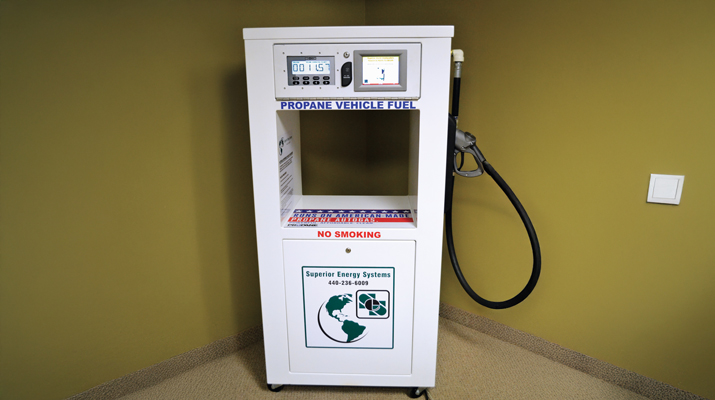Evacuation plans required
I am certain employers reading this article are aware that the Occupational Safety and Health Administration (OSHA) requires them to comply with safety procedures in regard to their employees. This is in an effort to develop and maintain safe work environments for employees across the United States.
 John V. Mccoy |
After a serious injury in a work environment, OSHA investigators arrive and will conduct investigations to determine if an OSHA violation has occurred. OSHA investigators can arrive at an employer’s workplace without prior notification, conducting on-site investigation and ensuring the work environment for employees meets the safety requirements set out in various federal codes. Most of these requirements are found starting at 29 CFR 1910.
We recently had the opportunity to represent an employer with regard to an OSHA citation under 29 CFR 1910.120(q)(1). This section of the Code of Federal Regulations states that employers whose employees were engaged in emergency response, no matter where it occurs – except for employees engaged in operations specified in 29 CFR 1910.120(a)(1)(i) through (a)(1)(iv) – must develop and implement an emergency response plan to handle anticipated emergencies prior to commencement of emergency-response operations.
 It may not be enough that there is an oral plan in place to evacuate a remote site. |
The matter we were involved with on behalf of our employer involved a gas leak that resulted in an explosion. Employees of our client were at a site that was under the control of another employer working on a gas system owned by that employer. It was OSHA’s position that even though we were off-site and at another employer’s facility, our client should have had a written emergency evacuation plan provided to all of our employees on that site. It would have provided a plan for evacuating the site in the event of a gas leak and explosion or other emergency.
Typically, employers have evacuation plans for their own premises. It is our experience that they follow written evacuation plans that are in place for off-site work as drafted by the owner of that off-site premises.
However, from the instance we were recently involved with, employers reading this article should be aware that OSHA may take the position that in the event of an accident you should have a written evacuation plan. This would enable your employees to get away from an emergency even if it is at a remote location controlled by another employer.
It may not be enough that there is an oral plan in place to evacuate a remote site. The plan must be in writing to meet the requirements of the Code of Federal Regulations that is discussed here.
Therefore, I recommend employers develop a written action plan that constitutes an emergency response in the event of a gas leak, explosion or other emergency that occurs at a remote site where your employees might be present. It would seem that as a practical matter the written plan would be generic. It will be important that all of your employees have been trained on this plan, as that is an inherent requirement of this section of the code.
As a practical matter, employers always are looking for ways to provide a safe work environment for their employees. This interpretation of the OSHA requirements for a written emergency response plan is somewhat unusual.
Nonetheless, to avoid being cited for such an OSHA violation in the event of an emergency response, it is strongly recommended that any employer reading this article develop such a response plan.
John V. McCoy is the president of McCoy & Hofbauer, S.C. and specializes in the representation of propane companies. He can be reached at 800-599-8300 or jmccoy@mh-law.us.
















